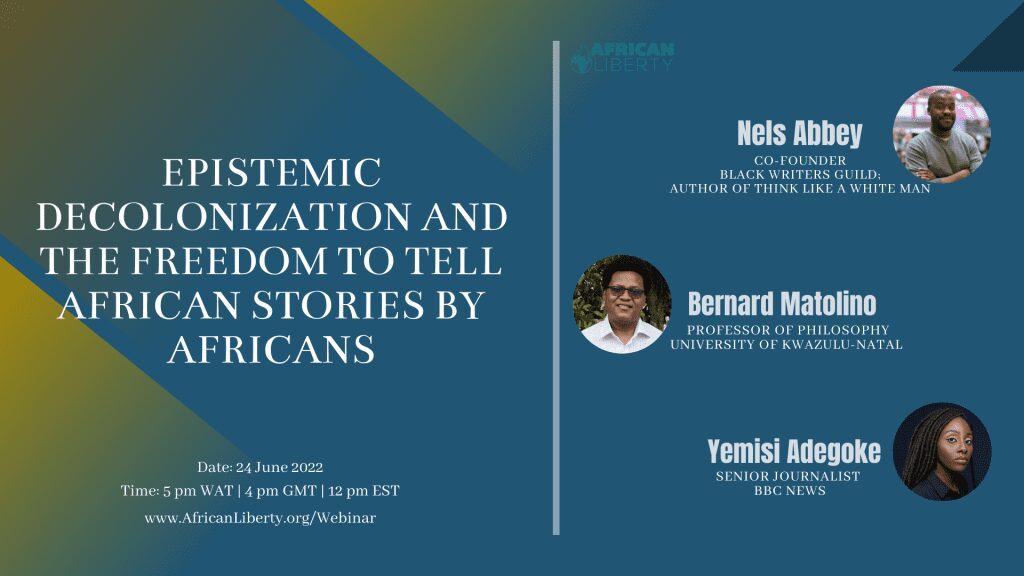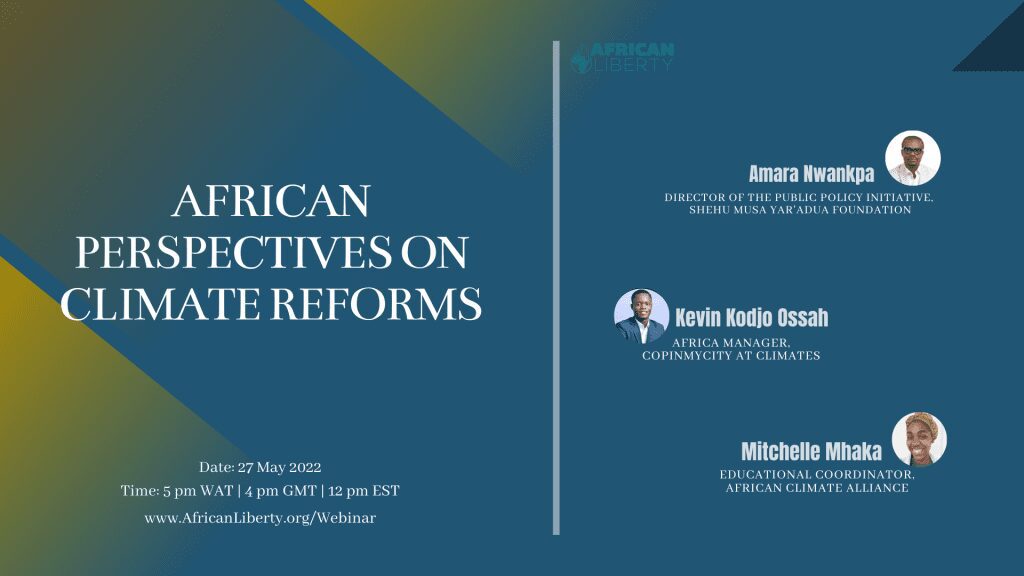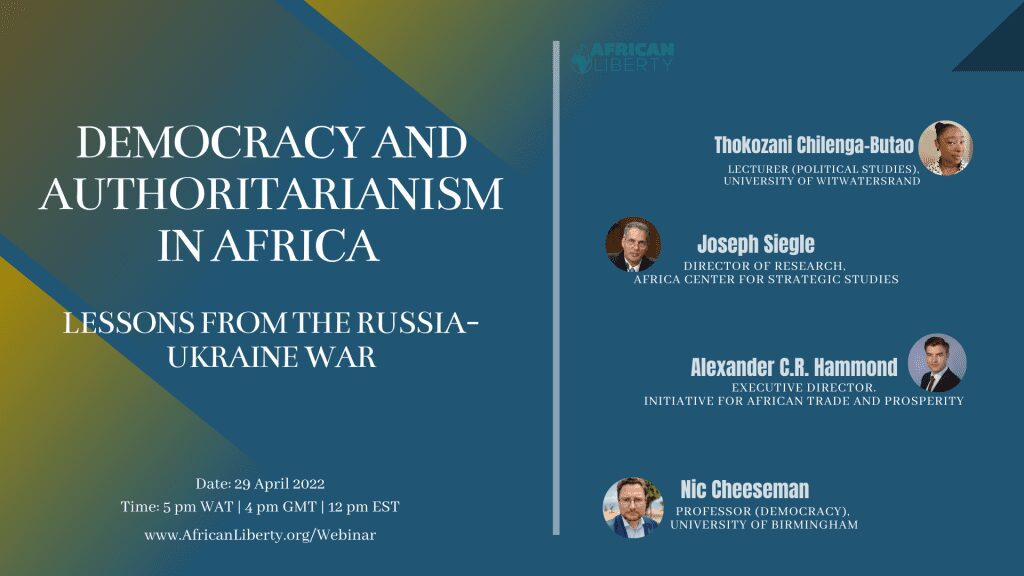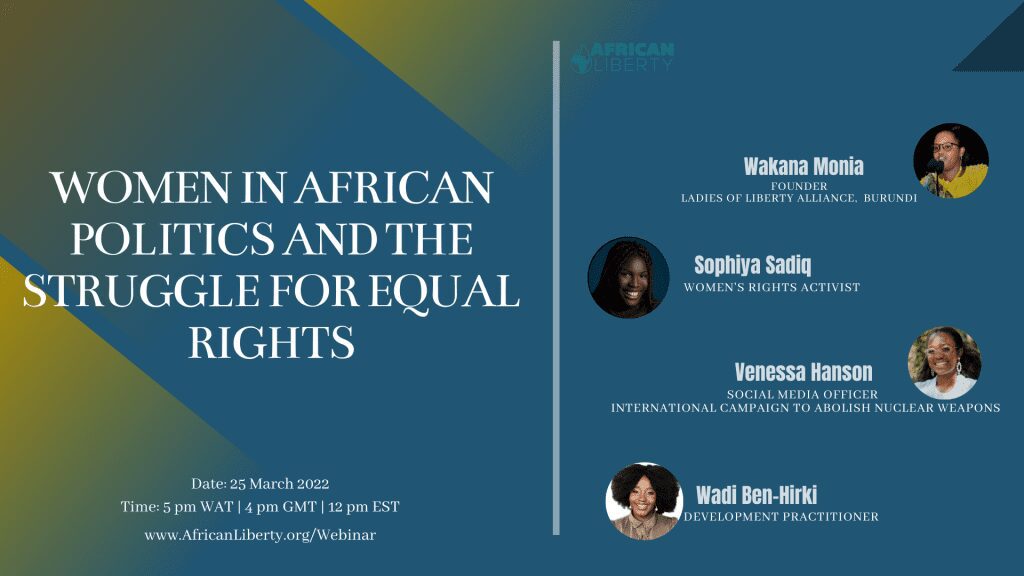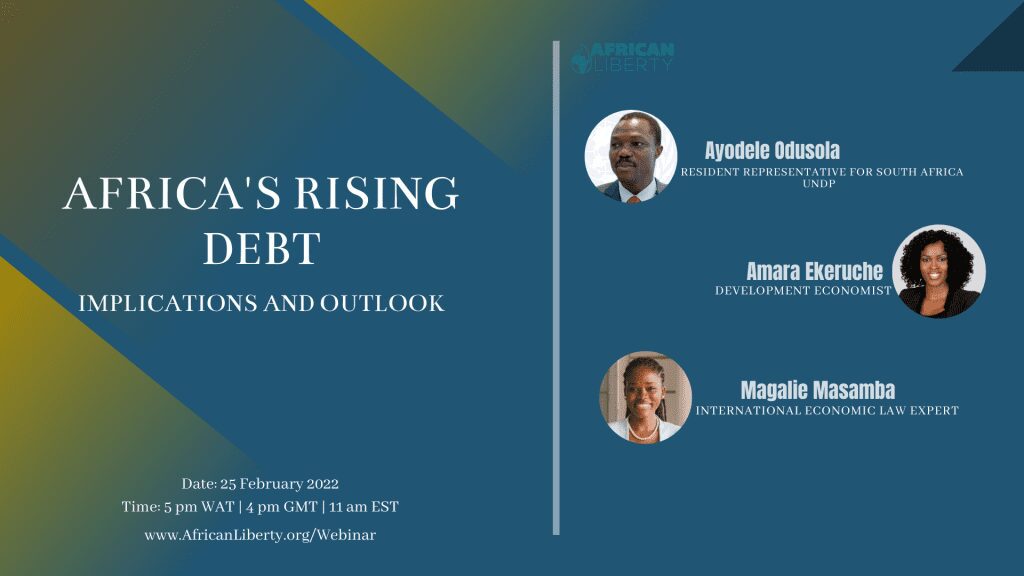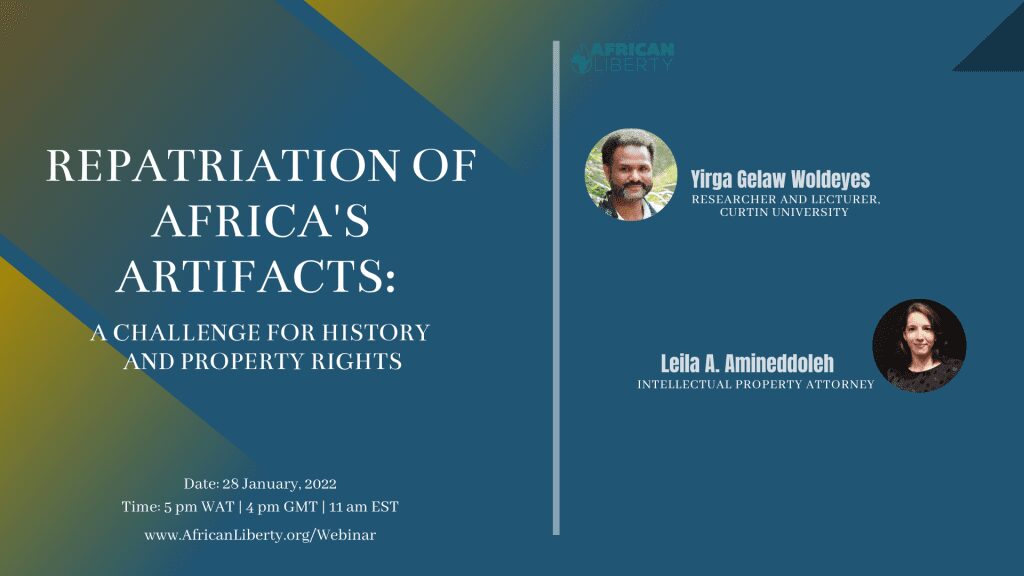For far too long, the dominant narratives about Africa have concentrated on depicting the continent as broken, destitute, and corrupt. Unethical narratives about Africa often center the continent’s deficits rather than its agency. Some narratives have gone as far as altering history to tell stories that fail to give voice to African realities. The epistemic decolonization of African stories requires giving indigenous writers a space on notable platforms to tell true African stories. In this webinar, our guests will discuss the decolonization of narratives about Africa and how to ensure that more Africans are given room to share authentic African stories. What will it take to decolonize stories about Africa?
Yemisi Adegoke is a Senior Journalist and reporter with BBC News, covering West Africa. Yemisi is passionate about telling stories from around the continent. She is a multimedia personality who writes on culture, politics, and feminism. She holds a master’s degree in Journalism from Arthur L. Carter Institute at New York University. Yemisi is the host and producer of Behind all the Stories; a podcast for storytellers and journalists.
Nelson Abbey is a British-Nigerian writer, media professional, and satirist. He is a published author who is a co-founder of the Black Writers Guild. He is the co-author of the book How to think like a White Man, where he discusses the challenges of being a black professional in a white corporate world.
Bernard Matolino is a professor of philosophy at KwaZulu-Natal, South Africa. He is the author of several books on African philosophy, democracy, and theology. His research interests are on topics related to race, racism, and African philosophy.

